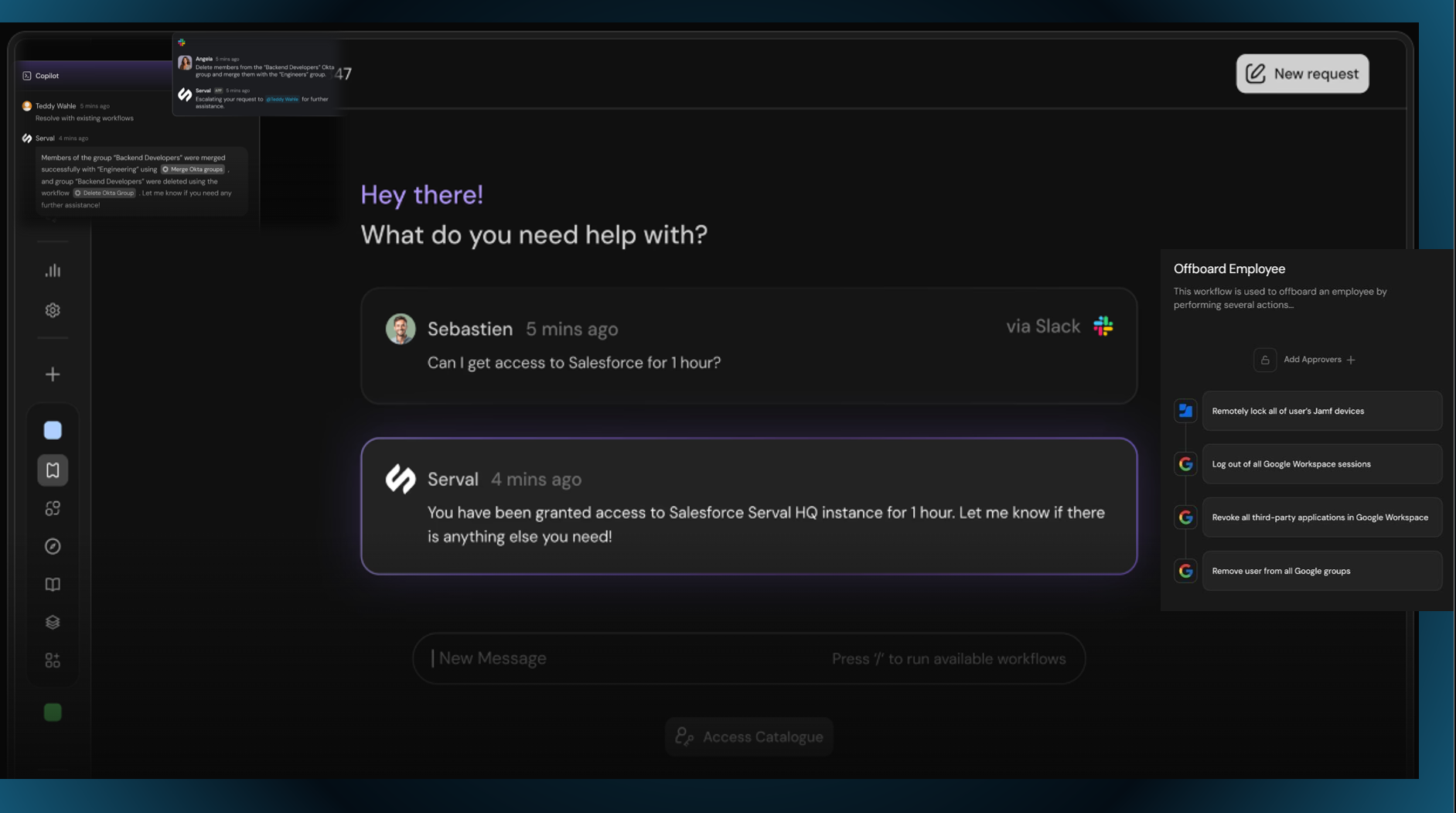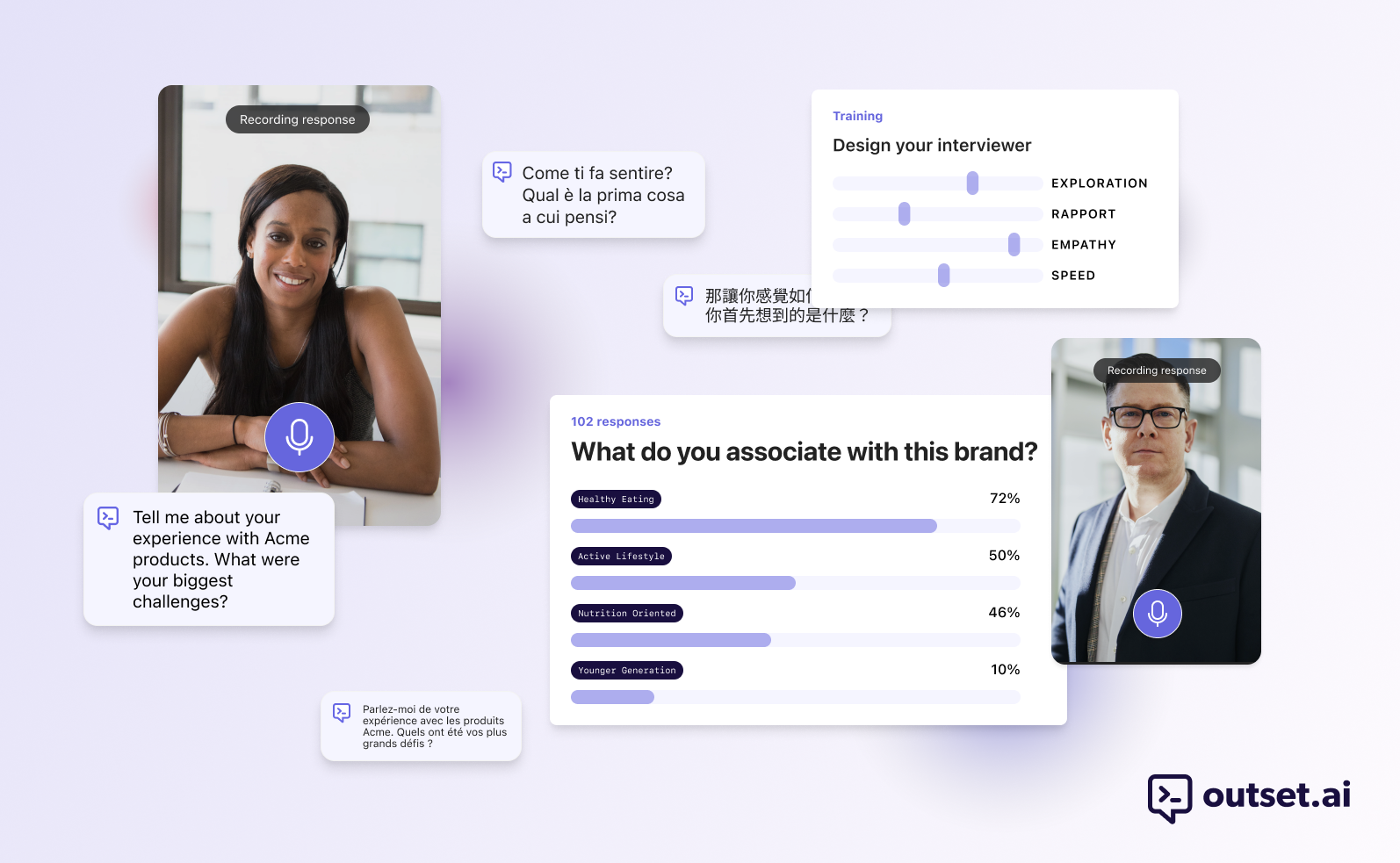|
AI News This Week
-
AI Firm Cohere Doubles Annualized Revenue to $100 Million on Enterprise Focus (Reuters)
Radical Ventures portfolio company Cohere has doubled its annualized revenue since the beginning of 2025, reaching $100 million as it focuses on secure, customized AI solutions for enterprise clients in regulated sectors. Following a strategic shift in late 2024, the company now derives approximately 85% of its business from private deployments, with profit margins reaching 80%. Cohere’s pivot toward smaller, specialized models reflects a broader industry trend as companies prioritize domain-specific AI tools over large, generalized systems amid reports of diminishing returns from continuously scaling up model size.
-
AI Conjures Up Potential New Antibody Drugs in a Matter of Months (Science)
Radical Ventures portfolio company Nabla Bio has achieved a breakthrough by applying a reasoning technique called “test-time scaling” to antibody design. Under this approach, the AI system solves problems by considering multiple proposed solutions and reasoning steps. Nabla’s AI system generated dozens of antibody candidates targeting G protein-coupled receptors (GPCRs) in months rather than years, with binding affinities matching or exceeding existing drugs. Nabla Bio has created the first AI-designed antibodies capable of activating GPCR signalling, which account for one-third of FDA-approved medicines.
-
Your A.I. Radiologist Will Not Be With You Soon (The New York Times)
Contrary to experts’ predictions that AI would replace radiologists within five years, the Mayo Clinic shows AI is fast becoming a collaborative partner in healthcare. The clinic’s radiology department has grown 55%, with AI augmenting human expertise rather than supplanting it. Over 250 AI models now assist radiologists by automating measurements, flagging abnormalities, and detecting patterns invisible to humans at the hospital.
-
AI Agents: From Co-Pilot to Autopilot (Financial Times)
AI is shifting from “co-pilot” to “autopilot” as autonomous agents increasingly perform complex tasks with minimal human supervision. A study of 167 companies using LLM-powered agents reveals time savings of 12-30% in customer service, 30-90% in internal operations, and revenue increases of 9-21% in sales and marketing. Despite these impressive results, automation experts note a “significant gap” between hype and reality, comparing current AI agents to level two or three autonomous vehicles on a five-level scale, with human oversight still necessary for complex tasks.
-
Research: Person Recognition at Altitude and Range (Michigan State/Purdue/Georgia Tech/UT Austin)
Researchers have developed FarSight, a surveillance system that identifies individuals at distances up to 1000 meters, even through atmospheric turbulence. Unlike conventional systems, FarSight integrates face recognition with body shape and gait analysis, enabling identification when faces are obscured or degraded. The system combines four AI modules: multi-subject tracking, video restoration, biometric feature encoding, and quality-guided fusion. This project reveals how integrating specialized AI components can create capabilities far beyond what standalone models could achieve.
Radical Reads is edited by Ebin Tomy (Analyst, Radical Ventures)




